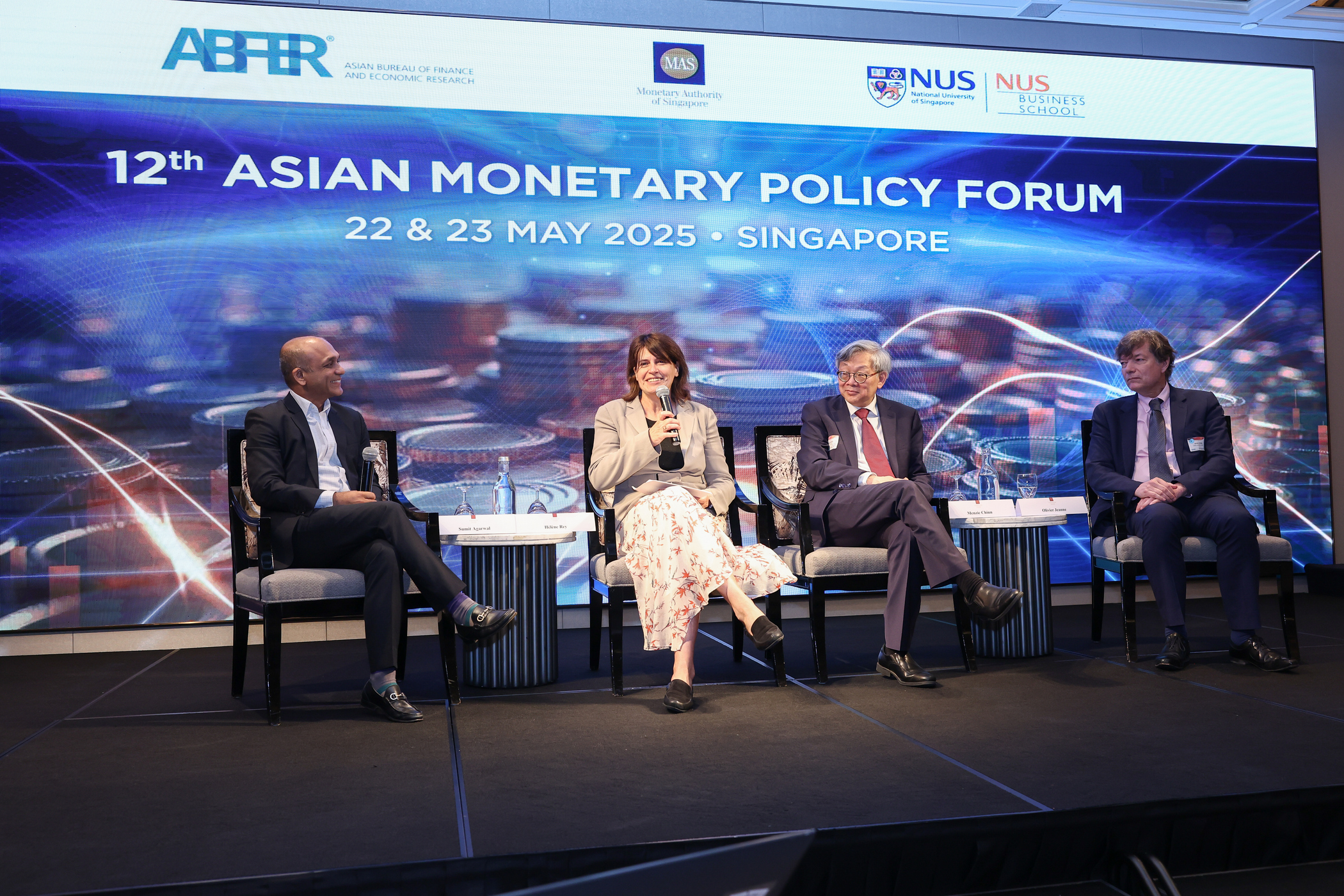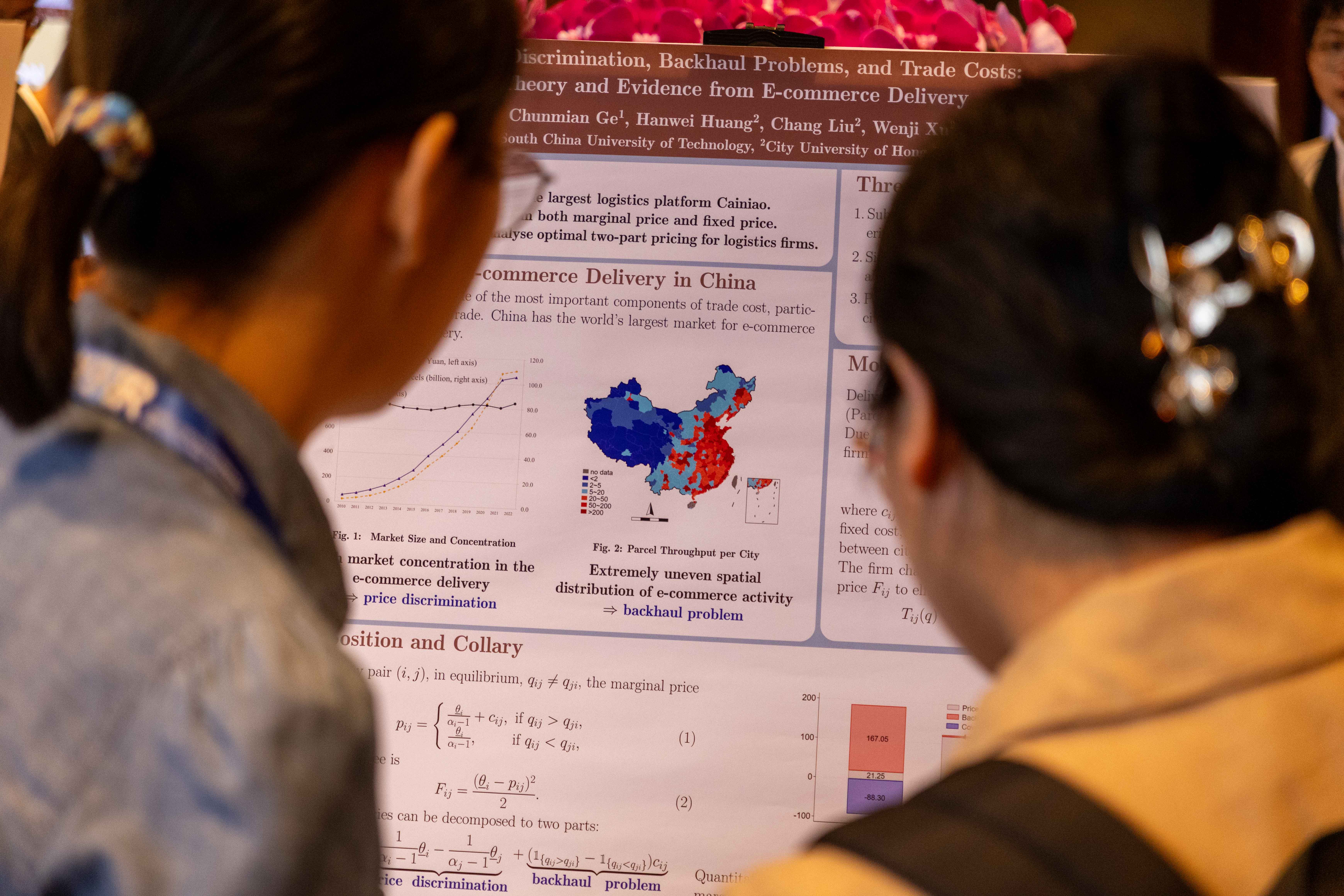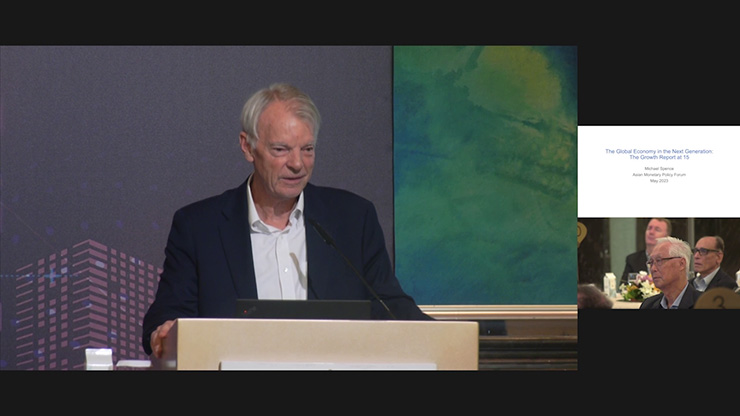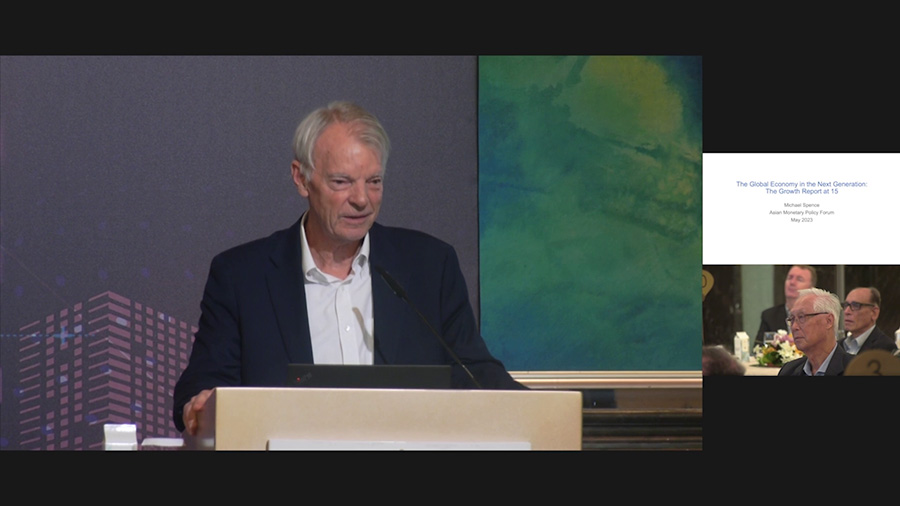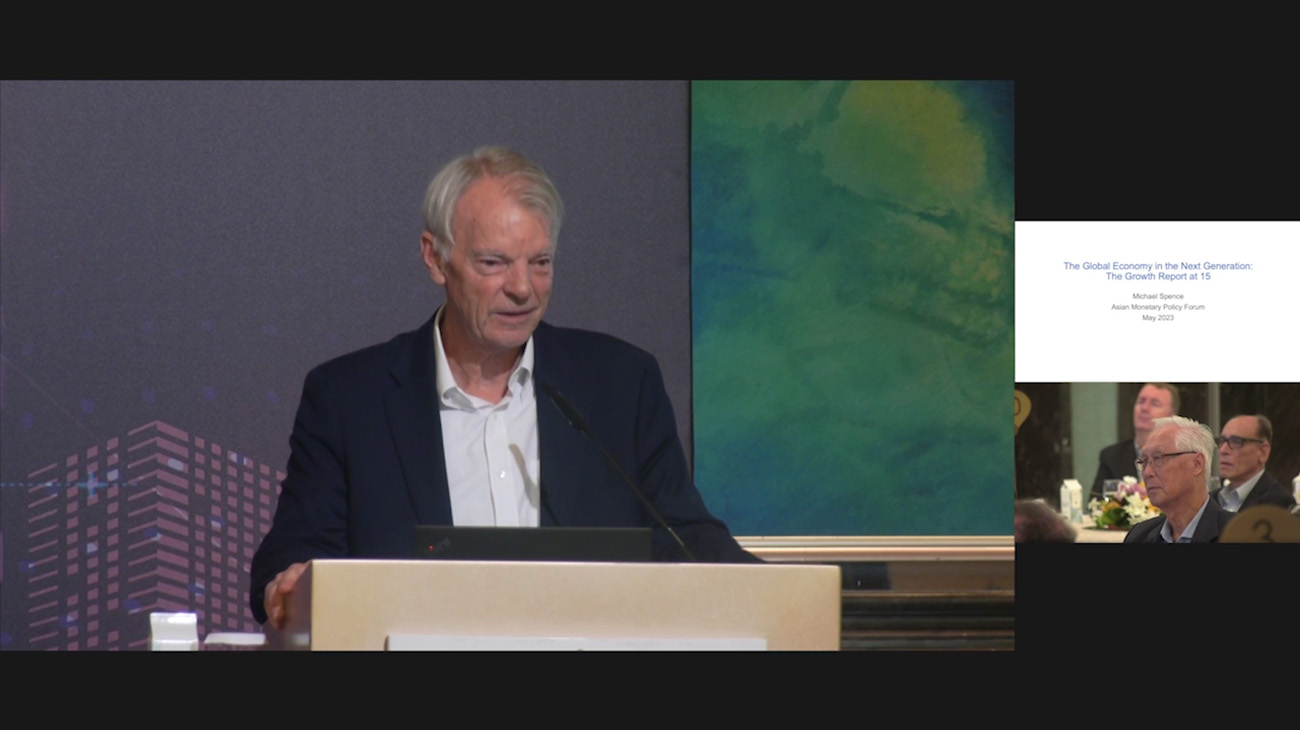Towards a Sustainable Prosperity in Asia - the Investment Challenges Ahead
The ABFER/CAMRI roundtable will examine the challenges ahead for Asian economies and the investment and financial systems in an increasingly deflationary landscape. It is becoming a challenge to seek out opportunities for investments in China, the rest of North Asia, India and South East Asia, especially in this low risk-adjusted return environment. Meanwhile, the world awaits the US Federal Reserve's next move, as the economies of Europe and Asia are in various throes of a tail-spin. Despite central banks' efforts to bring down interest rates in the Asia-Pacific, the collective economies are anemic.
Under this challenging investment environment, what investment and economic strategies should investment managers adopt? What are the regulatory challenges facing central banks in Asia as viewed through the eyes of an investment manager? How do we think central banks should coordinate policies? These are pertinent issues facing investment managers in particular and investors in general. The Roundtable panel discussion hopes to address these imperatives in a special lively session involving the top asset managers, asset owners, as well as regulatory and financial experts in Asia within a Singapore perspective.
Event Details
2015
Panelists and Moderator
Keynote Speaker
The Global Economy Seven Years After Financial Crisis: Vulnerabilities and Policy Issues
Following the global financial crisis of 2008, most advanced economies went into a protracted economic slump, coupled with rising unemployment, a historic private debt overhang, and rapidly mounting public debts. Meanwhile, helped by rapid growth in China, buoyant commodity prices, and extremely low and stable international interest rates, most emerging markets flourished, attracting sizable capital inflows and recording healthy levels of growth. Seven years after the most significant global turmoil since the 1930s, many advanced economies in Europe have barely begun to recover and deflationary challenges have emerged, further complicating the process of private and public deleveraging. The favorable global environment has taken a turn for the worse, as commodity prices have declined and the strengthening US dollar had raised debt servicing burdens for many emerging markets. This talk places the current global situation in a broad historical context, discussing the main policy challenges faced by both advanced and emerging economies and distilling historical lessons on what the end game may bring.


